
A look at Romanians and their cultural preferences

A look at Romania's healthcare system and its problems.
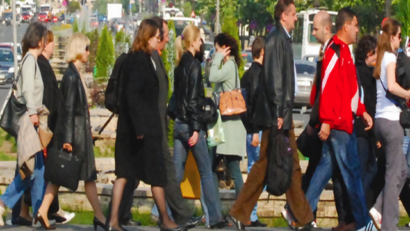
Scientists with the Psychology and Psychotherapy Department of the Babes-Bolyia University in western Romania have conducted a study on Romanian people's psychological profile.

Unemployment is one of the worst outcomes of the economic, hitting Europes youth particularly hard.
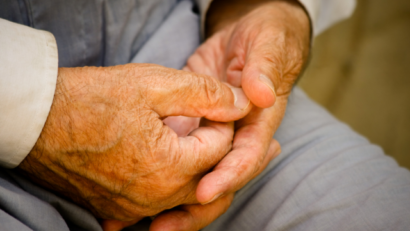
27.5% of Romania's senior citizens over 65 live in dire poverty, as compared to the European average of 7%.

The Conclusions of the latest Eurobarometer recently presented by the European Commission

An outlook on one of the most constroversial topics in Romania today.
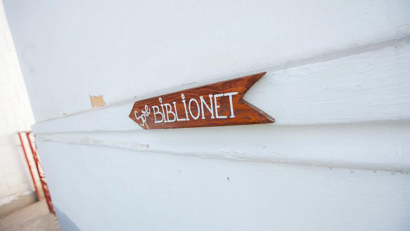
According to the latest Cultural Barometer, 47% of the Romanians read only one book per month.
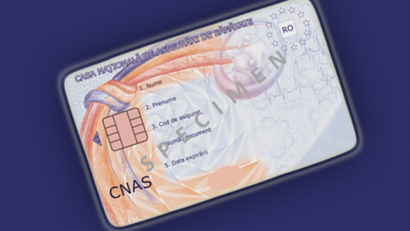
In Romania, the healthcare system is predominantly public.

A look at the integration of Roma communities, which are the poorest ethnic minority in Romania.
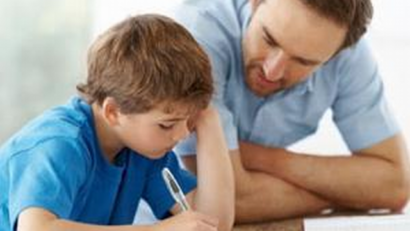
Homeschooling, or educating children at home as an alternative to education in a classic school is regulated in several foreign countries. Homeschooling is present in Romania as well although there is no legal background specifically drawn up for it yet.

With nearly one in every ten children born by a teenage mother aged between 15 and 19, Romania is among the EU countries with the biggest number of such cases.
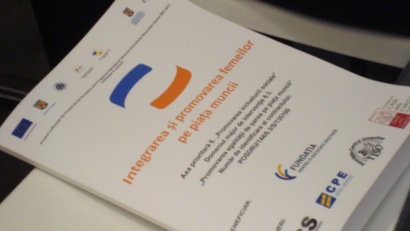
Still present in todays EU economies and societies, gender stereotypes on the labor market originate most often than not in some common stereotypes found in our communities.
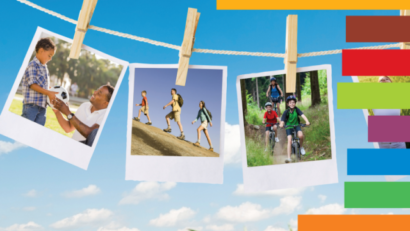
Resented by both patients and medical staff, Romanias healthcare system has been recently compared with that of another 34 European states.

Late last year, Bucharest hosted the first fair for businesswomen in Romania, B-Fair.
